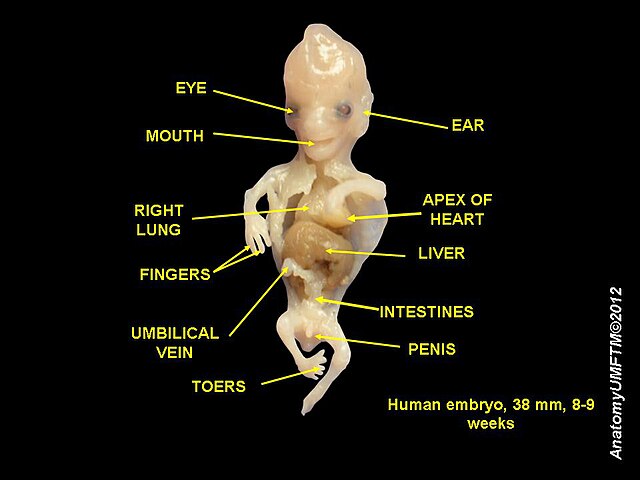Infinite photos and videos for every Wiki article ·
Find something interesting to watch in seconds
Celebrities
British Monarchs
Largest Empires
Animals
History by Country
Great Artists
Famous Castles
Presidents
Wars and Battles
Great Cities
Great Museums
Sports
Wonders of Nature
Kings of France
Crown Jewels
Orders and Medals
Rare Coins
Supercars
Recovered Treasures
Richest US Counties
World Banknotes
Best Campuses
Tallest Buildings
Countries of the World
Largest Palaces
Ancient Marvels
more top lists






